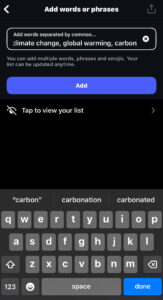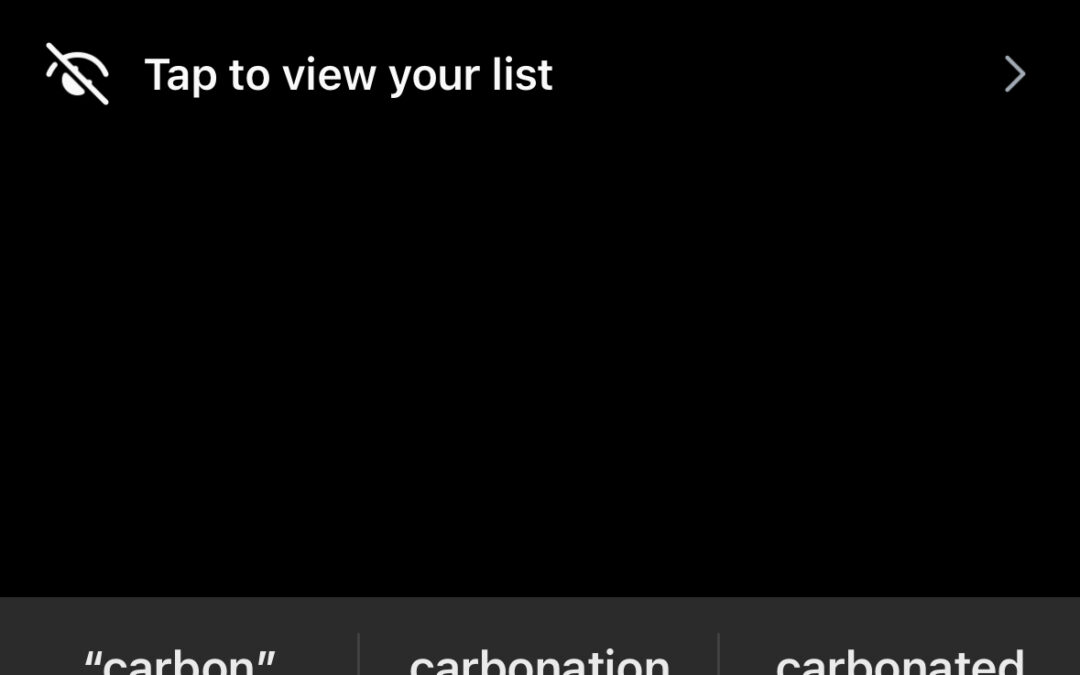Why Your Algorithm Matters
This isn’t another blog about how screen time is bad for your mental health. I’m not going to bury you in statistics or policy debates. Instead, I want to talk straight: me, a therapist, to you, a potential client, about your relationship with your algorithm and therapy in the age of social media.
Not your phone. Not your screen. Not your tech. Your algorithm.
Attention Shapes Reality
There’s a wonderful quote by Iain McGilchrist, author of The Master and His Emissary:
“The kind of attention we pay actually alters the world: we are literally, partners in creation [of the world].”
McGilchrist isn’t a new-age guru selling manifestation fluff. He’s a psychiatrist and neuroscientist trained at some of the world’s top institutions.
And while McGilchrist may be the most scientifically credible voice saying this, he’s not the first. The Stoic Epictetus wrote: “You become what you give your attention to.” Tony Robbins phrases it as: “Energy flows where attention goes.”
All are saying the same thing: what you give attention to, grows.
Therapy vs. Hours of Social Media
Let me put this plainly: in the best case, I get about 50 minutes a week with you. In that time, we might use powerful techniques, cognitive diffusion, EMDR, strategies to soften your inner critic. If you want to learn more about our style of therapy, you can click here. But therapy in the age of social media means that if you go home and spend hours every day flooding your brain with an algorithm designed to rile you into fear, outrage, indignation, and despair, I simply cannot compete with that.
This goes for parents too. If you’re bringing your teenager to therapy once a week, but then your son spends six hours a day gaming and chatting online with older peers pushing cynical, misogynistic worldviews, my hour isn’t going to undo that.
Same with your daughters: what good is one therapy session against 25 hours a week of TikToks quietly telling them their face, stomach, hair, and body are never enough—while other girls look prettier, more popular, and seem to be living the “perfect” life?
When Algorithms Manufacture Depression
Sometimes a depressed mind creates a depressing worldview. But these days it often works the other way around: algorithms feed us a depressing worldview until they manufacture a depressed mind.
The world is shit. Politicians are shit. The economy is shit. The environment is shit. And me? Not pretty enough, not popular enough, not successful enough.
That’s not “mental health.” That’s a machine training you to think badly about the world and yourself.
Practical Steps: Curating Your Algorithm
So what can you do? On Instagram, for example, you can block entire topics by keyword. That’s right, if certain subjects spike your anxiety or drag you into despair, you can filter them out.
How to block topics on iPhone Instagram settings:
-
Tap your profile picture.
-
Tap the menu in the top right.
-
Tap Content preferences.

Tap Specific words and phrases.
-
Add the words or phrases you want blocked.
So let’s say anytime you see climate change reels you spiral into hopelessness. You can block them. Not because the issue doesn’t matter, but because rage-bait reels aren’t the best way to engage with it.
Sample words to block: climate change, global warming, carbon emissions, climate crisis, melting ice caps, rising seas.
Instead, you can choose to read well-researched journalism that covers the topic with depth and context.
This doesn’t mean you’re ignoring reality. It means you’re choosing healthier ways to engage with it. Honestly, I think every school, community group, and religious institution should be teaching this kind of algorithm hygiene.
Junk Food, Junk Content, Junk Moods
We already know diet matters. You can’t live on Doritos and Red Bull and expect to thrive. Junk food makes junk health.
So why should we think differently about our mental diet? Junk content makes junk moods.
Your One-Week Challenge
So here’s my challenge: take one week and block the topics that consistently make you anxious, outraged, or hopeless. After that, ask yourself: Do I feel lighter? Less stressed? More capable of living my life?
Chances are you’ll find that, even if the content was “true,” it wasn’t helping you or the world. It was just making you miserable while convincing you it was your duty to keep watching.
Closing: Your Algorithm Is Training You
At the end of the day, your algorithm is training you as much as you’re training it. If you want to live with less anxiety, less outrage, and more peace, you can’t just hope therapy will override hours of doomscrolling.
You have to curate your digital world with the same seriousness you’d curate your diet, your friendships, or your environment.
Because if your algorithm is depressing, it won’t just show you a depressing world, it will make you into a depressed person.

